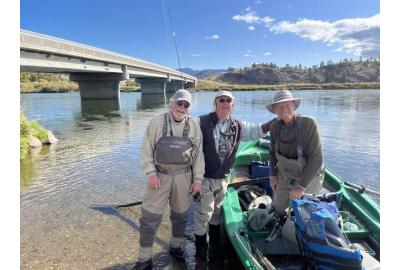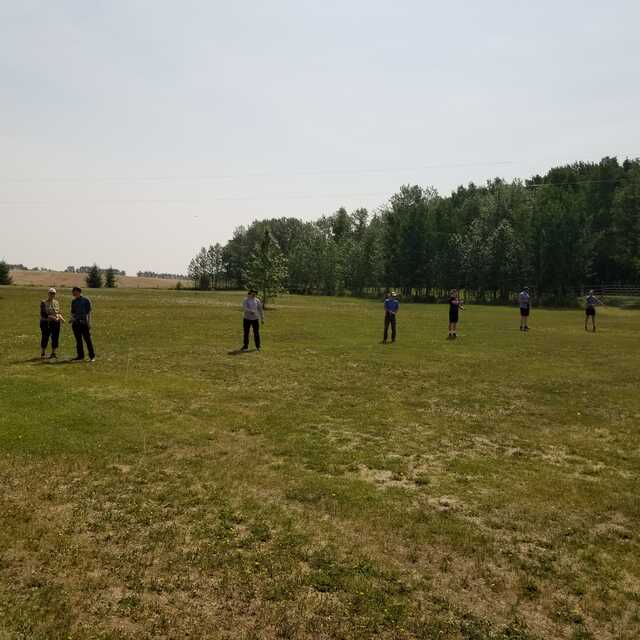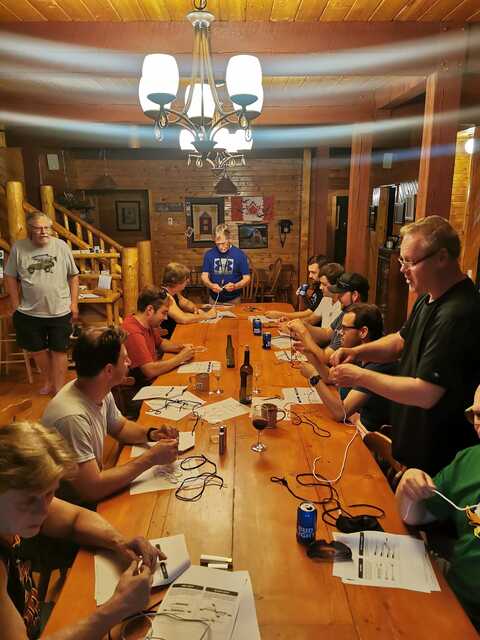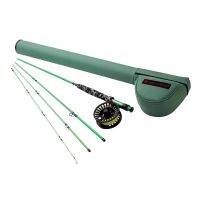If you have ever considered taking up fly fishing now is a great time to start. Equipment quality has never been better and fly fishing gear for the beginner is far better quality for the money than in years past. In the past beginner outfits were often terrible quality rods, reels and lines zip tied on to a piece of cardboard and shrink wrapped. Today quality rods with warranties, reels with disc drags and fly lines that actually cast are available. Name brand companies like Orvis, Sage, Redington and TFO have outfits on the market that will not only get you started but will last for many years. Better quality equipment is much easier to learn on, avoid starting with hand me downs until you have a better idea of what you are doing. The Fishin' Hole fly school that I teach at has "loaner" combos and we recommend that if you haven't purchased equipment yet to wait until after the school when you will have a much better idea of what length and weight of rod is best suited for the fly fishing you intend on doing.
Over the last few years since COVID angling pressure on our lakes and streams has increased immensely. Our waters are seeing more pressure than ever before and fish are seeing many more anglers and consequently many more types of lures. Fly fishing allows you to imitate the insects, terrestrials and baitfish that fish eat every day, giving you an advantage over anglers using plus or spoons etc.
There are many other reasons to take up this wonderful sport. Fly fishing often takes place in some of the most beautiful places and often spurs anglers to travel and sample waters in other places they might not ever get to. From cutthroat trout in mountain rivers to brown trout in meadow streams to bonefish on Caribbean flats, more places than one could ever hope to fly fish in a life time. It also a learning experience like no other type of angling. There are different styles of casting, single handed, two handed (Spey) trout Spey and many variations within those, hauling, double hauling, roll casting, bow and arrow casts, reach casts and many more. These casts are then used to fish dry flies, wet flies, nymphs, Euro nymphs, streamers and more.
Many other aspects of the sport can make it a lifelong learning experience. Some anglers will turn into tackle junkies, accumulating many different rods and reels to cover many different situations. Shorter lighter rods for small creeks, bigger rods for big rivers with big fish. Lake anglers might look for longer rods to help them keep more line off of the water during casts. Nymph fishers might buy rods that are longer with sensitive tips but with enough back bone to set the hook with flies, split shot and strike indicators attached. Salt water anglers and pike anglers will need rods that can not only cast larger flies but also handle fighting some very angry fish.
Some fly fishers get immersed into entomology, the insects that fish are feeding on. This an aspect that you can learn as much or as little as you want, and won't necessarily improve your success but many find it very interesting to explore these intriguing insects and their life cycles. With the information available now days in fishing store and on line what flies are working where are not a mystery any more.
Some anglers will go retro and start collecting old tackle such as bamboo rods, creels, nets and classic reels. Some will build their own leaders in lieu of buying the modern tapered leaders available in stores.
Some people build their own fly rods, purchasing a blank and all the components and carefully wrapping on the guides and installing the reel seat. The thread wraps that hold on the guides can be a color of your choice as can the type of wood used in the reel seat help make the rod very personalized.
Many others will take up the hobby of fly tying finding it a great way to pass the winter if fishing is not available to them. It also builds anticipation for upcoming trips to new areas. Researching what flies work at an upcoming destination and tying up a bunch adds to overall experience. Sometimes planning a trip to a new destination can provide as much enjoyment as the trip itself.
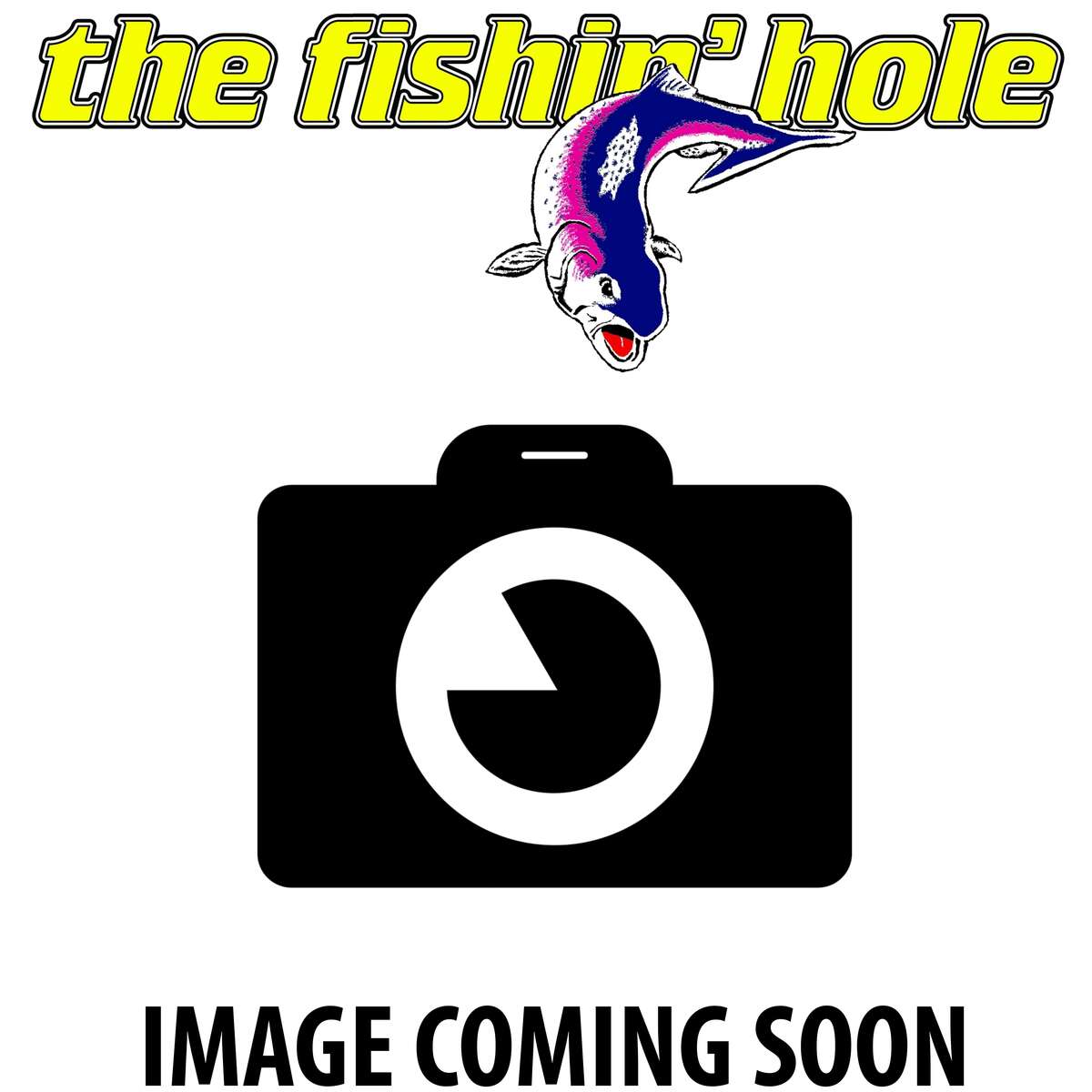

Many others will take up the hobby of fly tying finding it a great way to pass the winter if fishing is not available to them...
One of the reasons I personally like fly fishing is the activeness of the sport, you're always doing something. Casting, retrieving, watching a strike indicator, manipulating your fly, watching your dry fly floating downstream. If you are stream fishing you will be working your way upstream, always thinking about the location of your next cast. Constantly working new water and on new waters wondering what is around the next bend. Once you have fished a dry fly up a wilderness stream with the water and the scenery always changing you will never want to troll a lure or sit and jig again!
All of these are options are available to you, none are mandatory but any or all can make fly fishing more than just a casual hobby, it's up to you as to how deeply involved you want to get.


One of the reasons I personally like fly fishing is the activeness of the sport, you're always doing something. Casting, retrieving, watching a strike indicator, manipulating your fly, watching your dry fly floating downstream...
So how do you get started, there is loads of information available on line and in books etc. but nothing beats hands on. Taking a course is a great starting point. Many stores and clubs offer courses but look for one that teaches more than just casting. A good course should teach you not only casting but also entomology, fly selection, reading the water (where the fish are) knots, and equipment. The course I help with through the Fishin' Hole is two days including on the water fishing and covers off everything you need to get a good start. If no courses are offered in your area learning to cast is a good first step, because it is arguably the most important part of fly fishing. There is no substitution for local knowledge so do your homework, pick the brains of the fly guys in your local store but once at your destination always visit the local shop if present and get the latest information.
Local clubs can offer you not only information and probably some instruction but usually they are made up of fly fishers more than willing to share their knowledge with newbie's. Even if it is not a "fly fishing" club most areas have Fish and Game clubs that will probably have at least a few fly fishers as members. Many my best friends were met at fly fishing clubs and have turned into lifelong friendships, with many days spent fly fishing together.
Guided trips, while not cheap, are another great way to improve once you have the basics down. Look for a guide that understands that while you want to catch a fish or two, it's just as important to you to get help with your casting, knots, bugs and everything else. Many people will go on guided "fly fishing" trips and catch a bunch of fish and say they know how to fly fish, not really. Left on their own they would be clueless.
There is no better time than now to give fly fishing a try so get out there a give it a try.

